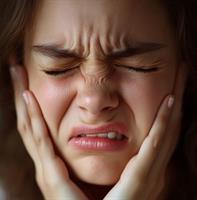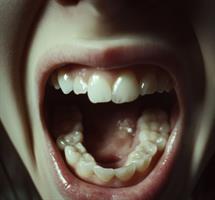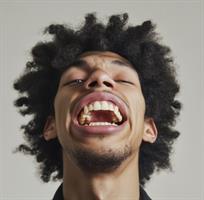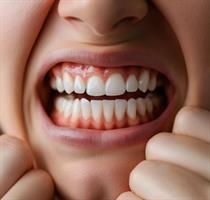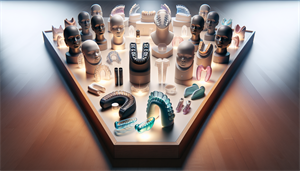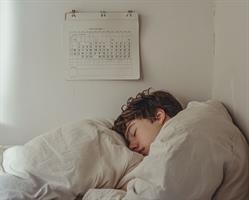Snoring mouthpieces, which are used to help relieve snoring symptoms, are generally safe and effective for many people. But, there are certain individuals who should avoid using snoring mouthpieces, or should first consult with a healthcare professional before starting.
In some cases, a tongue stabilizing device may be a better alternative.
Groups Who Should Not Use A Snoring Mouthpiece
People with Severe Sleep Apnea
Snoring mouthpieces are typically recommended for mild to moderate obstructive sleep apnea (OSA) or simple snoring. Individuals with severe sleep apnea should not use these devices as a standalone treatment.
They should consult with a sleep specialist to explore more effective treatment options, such as CPAP therapy.
Individuals with TMJ Disorders
People who suffer from temporomandibular joint (TMJ) disorders may experience increased pain and discomfort when using a snoring mouthpiece.
The device can exacerbate TMJ symptoms by altering the position of the jaw, which may lead to more severe jaw pain, headaches, or jaw locking.
People with Loose Teeth or Gum Disease
Those with loose teeth, advanced gum disease, or significant dental issues should avoid using snoring mouthpieces.
The pressure exerted by the device can worsen dental problems, potentially leading to further damage or tooth loss.
Individuals with Severe Overbite or Underbite
People with significant overbite, underbite, or other complex dental or jaw alignment issues may find that a snoring mouthpiece doesn't fit properly or causes discomfort.
Dentist made, custom-fitted devices, may be necessary, but it's important to consult a dentist before using one.
Children
Snoring mouthpieces are not recommended for children, as their jaws and teeth are still developing. The use of such devices can interfere with natural growth and development.
People with Obstructed Nasal Passages
Individuals who have chronic nasal congestion, a deviated septum, or other conditions that obstruct nasal breathing may not benefit from a snoring mouthpiece. These devices typically work best when nasal breathing is unobstructed.
Those Allergic to Materials Used in the Device
While many mouthpieces FDA cleared mouthpieces do not use latex of BPA, some cheap model might.
Some people may have allergic reactions to the materials used in snoring mouthpieces, such as latex or certain plastics. It's important to check the materials used in the device and consult with a healthcare provider if you have known allergies.
Pregnant Women
Although many pregnant women can benefit from wearing a snoring mouthpiece during pregnancy to breath better during weight gain, they should consult with a healthcare provider before using a snoring mouthpiece. This is especially true if they experience snoring or sleep apnea during pregnancy.
The physiological changes during pregnancy may require different treatment approaches.
People with Severe Bruxism (Teeth Grinding)
While some snoring mouthpieces may help with mild bruxism, those with severe teeth grinding may need a different type of device specifically designed to manage bruxism, as the added stress from a snoring mouthpiece could potentially worsen the condition.
Conclusion
If you're considering using a snoring mouthpiece and fall into any of these categories, it's essential to consult with a healthcare provider or dentist to discuss alternative treatments or modifications that may be more suitable for your needs.

